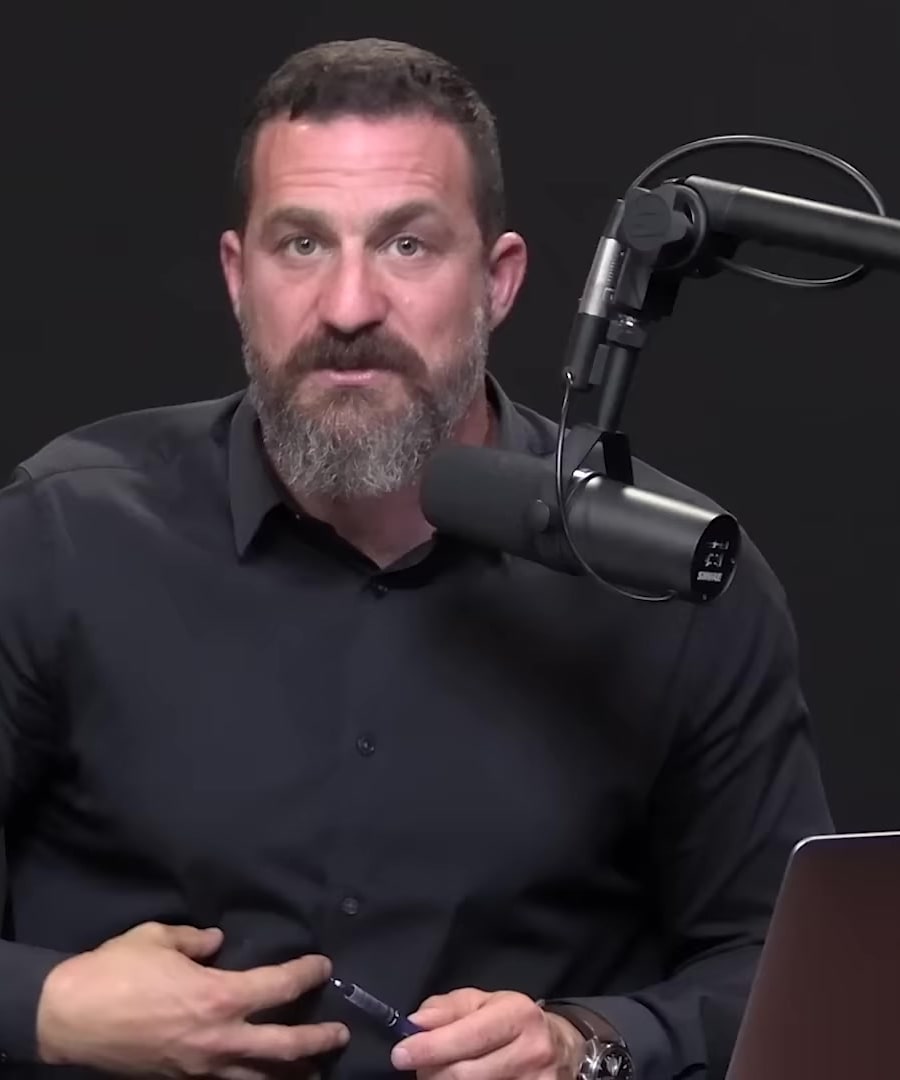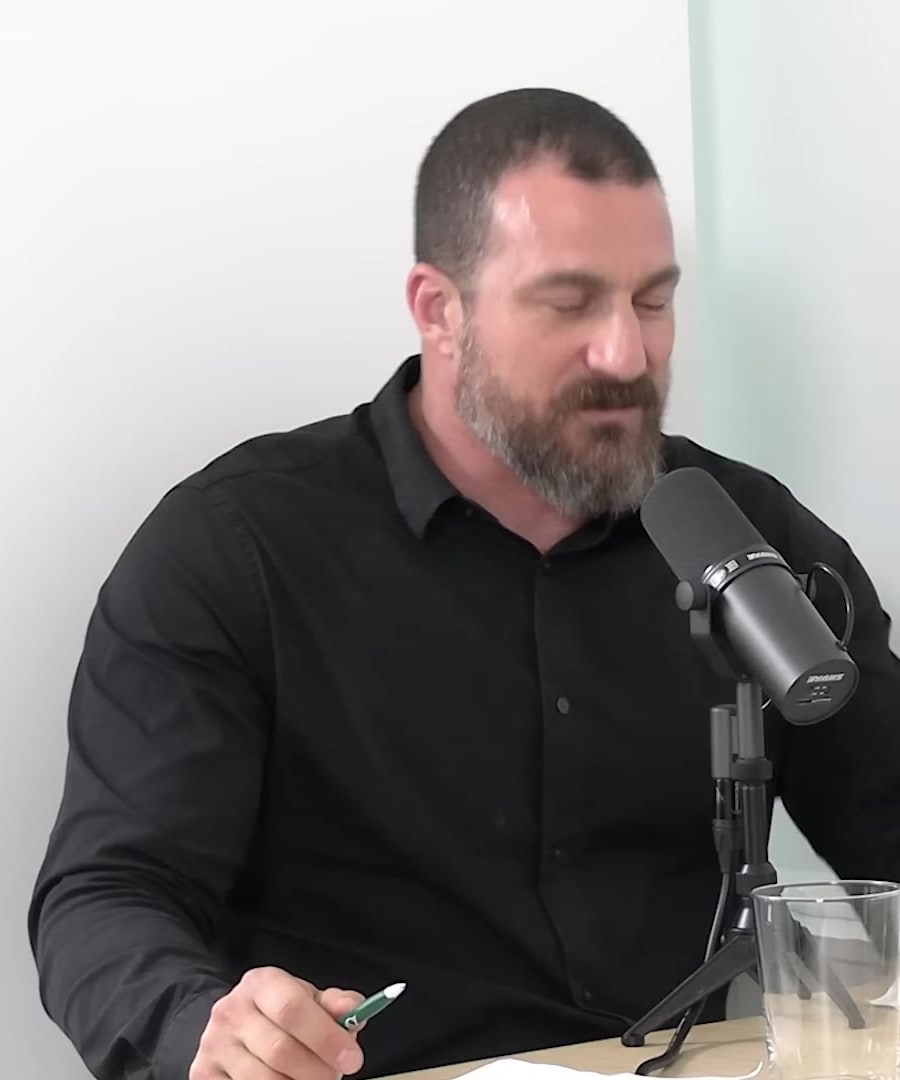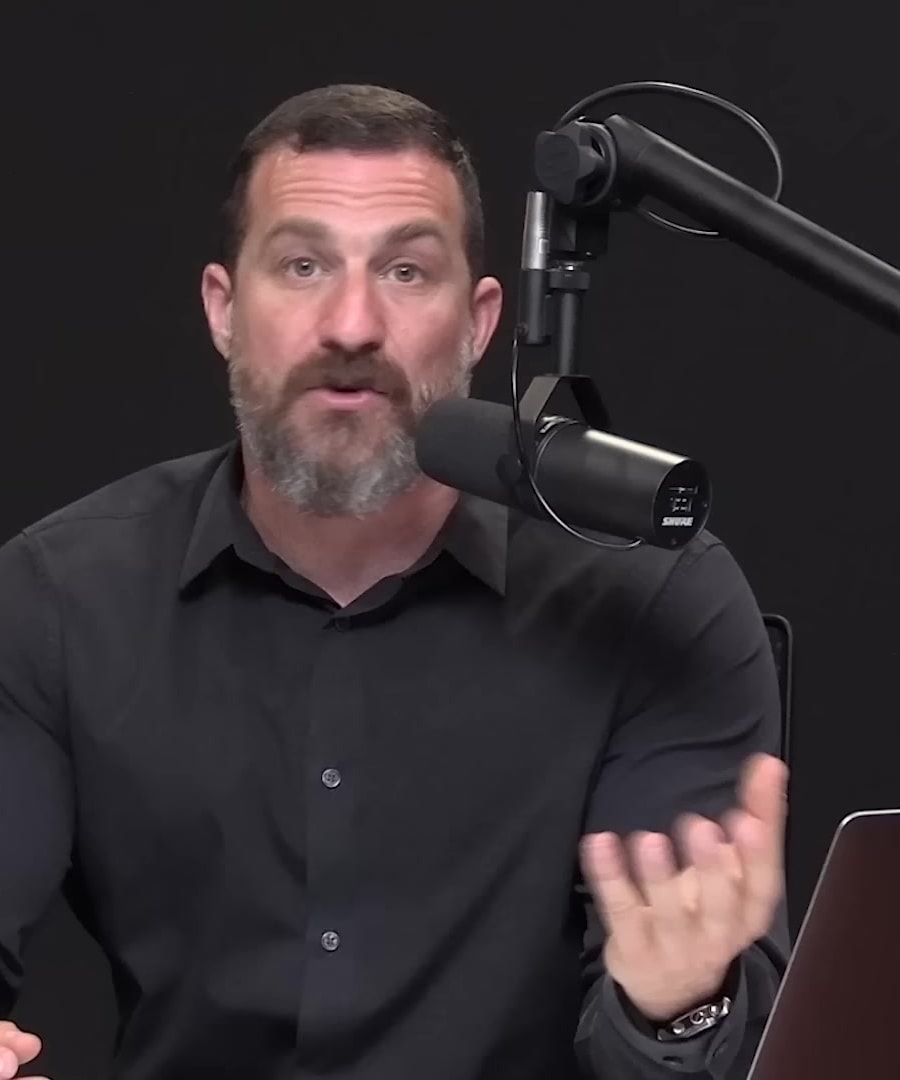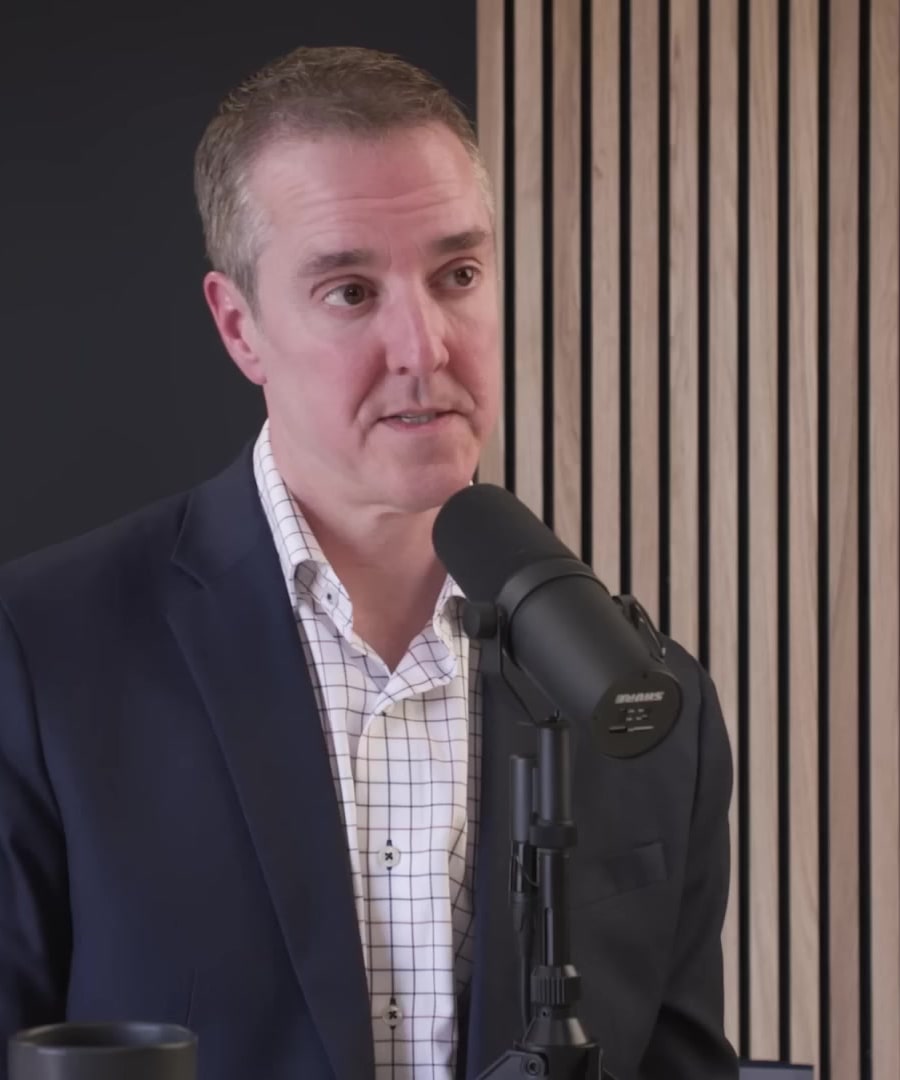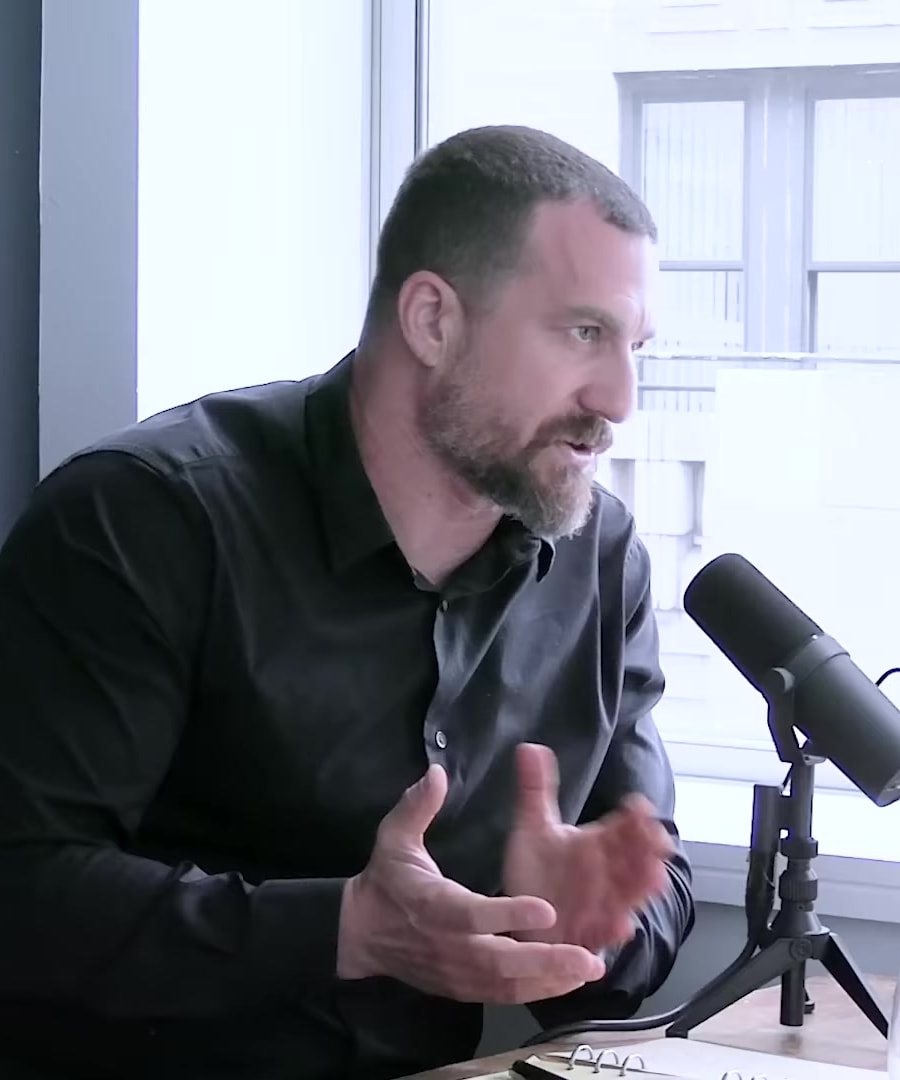How long to wait after eating to exercise?
Sources:
It is advisable to wait approximately 90 minutes after eating before engaging in moderate intensity exercises to optimize fat burning. This duration allows your body to start shifting from burning glycogen to burning fat for energy [1 2]. However, this is highly individualized, and some may feel comfortable exercising sooner or even while fasted, depending on personal tolerance and goals [3].
RELATED QUESTIONSCan you eat right after you exercise?
Sources:
Yes, you can eat right after you exercise. Consuming carbohydrates and proteins soon after your workout can help reduce inflammation and support muscle recovery. Intake shortly after exercise (within about 45 minutes to an hour) can help replenish glycogen stores and attenuate post-exercise inflammation, especially if you train in a fasted state. This is beneficial for aiding the recovery process and reducing the potential for prolonged inflammation [1].
Consuming a balanced meal with carbohydrates and proteins after exercise is particularly recommended. For example, a combination of complex carbohydrates, like rice or oatmeal, and proteins can be very effective in supporting muscle recovery and reducing muscle soreness [1].
Moreover, there is flexibility in the timing of this post-exercise nutrition. The concept of a narrow "anabolic window" has been debunked, and nutrients consumed within a few hours post-exercise are still effective for recovery [2]. Thus, if immediate eating isn't feasible due to personal schedule or preference, you still have a window of a few hours to eat and still reap the benefits of recovery nutrition.
RELATED QUESTIONSCan you drink 1 liter of water at once?
Sources:
Drinking 1 liter of water at once is generally safe for most people. However, it can lead to needing to excrete excess water quickly due to the body's rapid response to a large volume of fluid intake. This might not be convenient during situations where you cannot easily access a bathroom, such as during a long meeting or a speech. Dr. Huberman humorously describes his own past approach as the "seagull approach" where he would consume fluids in large volumes and has since learned the benefits of sipping instead [1].
It's crucial to adapt your hydration based on your activities and environmental conditions. For instance, in a hot environment or when sweating significantly, Dr. Huberman recommends possibly doubling the typical fluid intake to prevent dehydration [2].
So, while you can drink 1 liter of water at once, it might be more practical to distribute your hydration throughout the day, especially during activities or when in environments that cause higher fluid loss.
RELATED QUESTIONSHow many liters of water to drink per day?
Sources:
The recommended daily water intake can vary depending on several factors, such as activity level, climate, and personal health. However, a general guideline provided on the is to drink half your body weight in ounces per day. For example, if you weigh 200 pounds, aim for 100 ounces of water daily. This is a baseline for normal daily activities without intense exercise [1].
For those engaged in activities or living in hotter climates, the hydration needs may increase. Specifically during exercise, it is suggested to drink 125% to 150% of the weight lost in fluid during the activity [1]. Additionally, Dr. Huberman recommends drinking about 8 ounces of fluid every hour for the first 10 hours of your day, which roughly translates to around 2.4 liters in total for the day [2]. This helps ensure proper hydration for both physical and cognitive performance.
Always adapt these guidelines based on your specific needs and conditions, and consult with a healthcare provider if you have any concerns about your hydration or health.
RELATED QUESTIONSFasting for autophagy
Sources:
Fasting can indeed enhance autophagy, which is a process where cells clean up damaged components and recycle them for energy or to create new parts. This contributes to cellular health and longevity. During sleep, your body naturally progresses through some degree of autophagy, particularly if fasting occurs. Extending the fasting period into the day by delaying breakfast can further leverage this natural mechanism [1].
Additionally, longer fasting periods, like 24 to 72 hours, can induce stronger autophagic processes. This is associated with longevity benefits, where cellular mechanisms break down defective proteins and components, particularly in the mitochondria. This process, called mitophagy, is crucial for cellular health and has been linked with delayed aging and reduced disease occurrence [2 3].
Therefore, fasting not only serves as a tool for weight management but also as a potent enhancer of cellular repair and health through mechanisms like autophagy and mitophagy. Always consider personal health conditions and consult with healthcare providers before starting any extensive fasting regimens.
RELATED QUESTIONSMetallurgy
Sources:
There does not appear to be any specific information or discussions on metallurgy in the Huberman Lab podcast dataset. If you have another topic in mind related to neuroscience, health, or related areas that the Huberman Lab covers, feel free to ask!
RELATED QUESTIONS
How long to wait after eating to exercise?
- RELATED QUESTIONS
Can you eat right after you exercise?
- RELATED QUESTIONS
Can you drink 1 liter of water at once?
- RELATED QUESTIONS
How many liters of water to drink per day?
- RELATED QUESTIONS
Fasting for autophagy
- RELATED QUESTIONS
Metallurgy
- RELATED QUESTIONS


